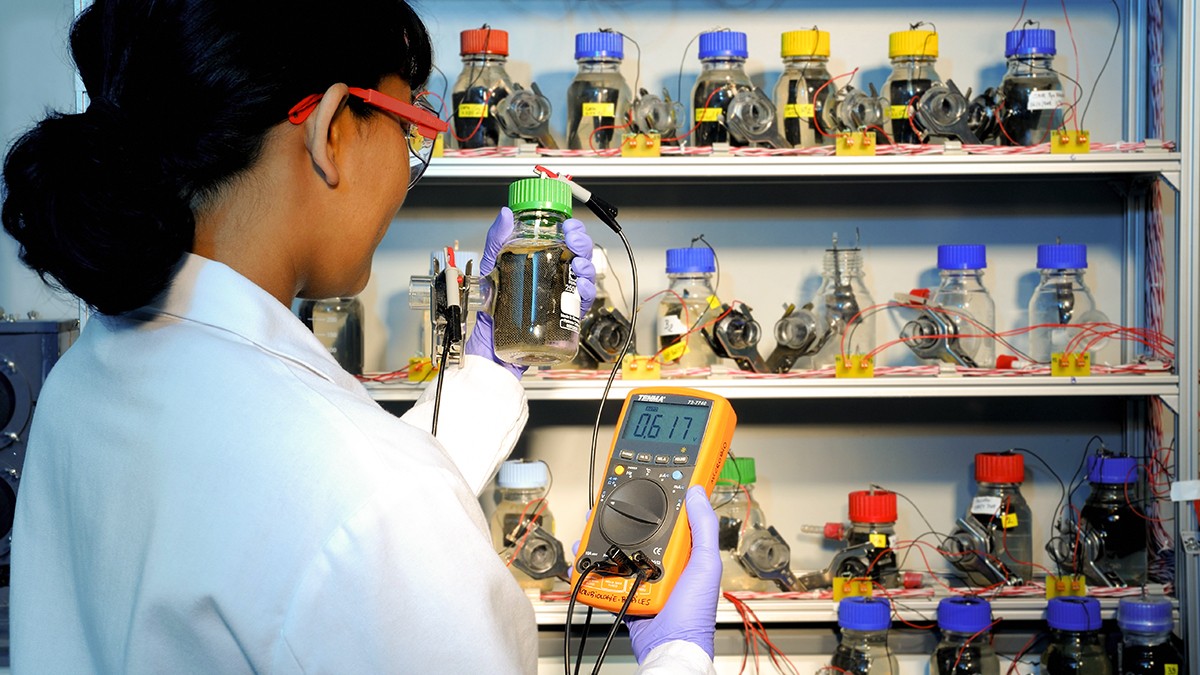Harnessing Microbial Fuel Cells in Africa for Sustainable Energy Solutions
Key Ideas
- Microbial fuel cells (MFCs) are being explored in Africa as a cost-effective and eco-friendly way to generate electricity from waste organic matter.
- African researchers are focusing on combining constructed wetlands and MFCs to address wastewater treatment and electricity shortages in developing countries.
- Challenges such as funding, scalability, and material limitations are being tackled to make MFC technology more accessible, especially in rural communities.
- The Africa-EU Green Energy Initiative is providing further motivation and support for the development and implementation of MFC technology in Africa.
In Africa, scientists are investigating the potential of microbial fuel cells (MFCs) as a supplementary source of renewable energy. MFCs utilize microorganisms' metabolism to convert waste organic materials into electricity, offering an economical and environmentally friendly method for power generation, particularly beneficial in regions like Africa facing energy challenges. African researchers are overcoming obstacles like limited funding and expertise to advance MFC technology. By combining constructed wetlands with MFCs, a novel approach to wastewater treatment and sustainable energy production is being explored. While challenges exist, such as the higher cost compared to other renewables, the potential of MFCs in niche applications like wastewater treatment plants is recognized. The continent's efforts are further supported by initiatives like the Africa-EU Green Energy Initiative, emphasizing the importance of green energy sources like MFCs for a sustainable energy future.
Topics
Africa
Renewable Energy
Innovation
Sustainability
Funding
Research
Wastewater Treatment
Bioenergy
Energy Insecurity
Latest News
